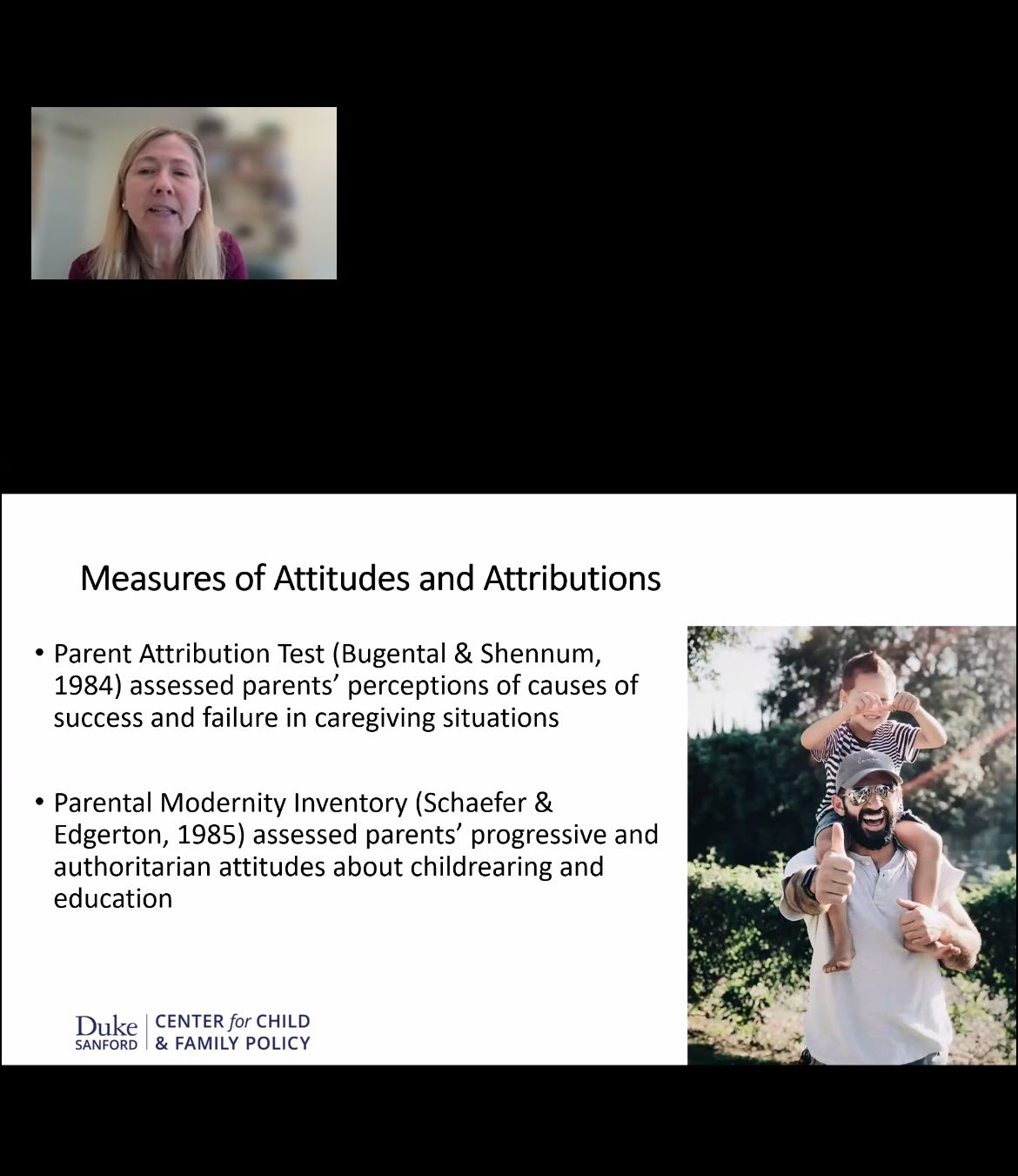
Gender Roles in Parenting: The Importance of Fathers’ Involvement
On March 17, Institute Social hosted Prof. Jennifer Lansford, a renown expert in child development and family dynamics, for a webinar in its Global Reflections series, titled “Fatherhood and Boyhood”. The session opened with Lansford addressing the varying nature of parenting across different cultural contexts and the influence of gender roles on child development. She shared key research findings on how parenting approaches are shaped by societal norms and cultural structures.

Lansford offered valuable insights into the role of gender in family life and child development, particularly focusing on fatherhood and male childhood. She explained that they used an assessment tool, called the Parenting Modernity Inventory, to analyze parental attitudes during raising a child. According to the results from this inventory, mothers generally exhibit more modern attitudes compared to fathers, who tend to adopt more authoritarian approaches. These authoritarian attitudes include expectations such as children’s obedience and restricted freedom. Lansford explained that these differences in attitudes are influenced by parents’ beliefs about gender roles and cultural norms.
Lansford also discussed gender-based differences in disciplinary methods, noting there are small variations in the discipline of boys and girls. She pointed out that parents tend to use non-violent disciplinary techniques more with girls, whereas punishment, psychological pressure, and physical discipline are applied slightly more to boys. Lansford suggested that the punishment of boys might be rooted in patriarchal societal structures, which encourage the early development of power, authority, and resilience in boys.
Lansford observed that parenting research and educational programs usually focus on mothers, while fathers are often seen in supporting roles. However, she emphasized that UNICEF’s parenting education program standards support the active involvement of all caregivers in a child’s life, including fathers, just as much as mothers. Lansford pointed out the importance of fathers taking on more active roles in child development, as this has significant positive impacts on children’s cognitive and emotional growth. She made clear that positive and supportive relationships between fathers and children can strengthen children’s self-esteem, social skills, and academic achievements.
Throughout her presentation, Lansford also shared examples of studies on parenting and fatherhood roles from different cultural contexts. She pointed out that in some societies, fathers spend more time with their children, directly contributing to their developmental processes, while in other societies, fatherhood is seen as more distant and authority-based. She emphasized the importance of understanding how these differences shape parenting practices and influence children’s emotional development.
Lansford concluded that, in order to gain a deeper understanding of how parents influence child development and to increase father involvement in education, there is a need for more inclusive research and programs. She encouraged families to reconsider their attitudes toward child upbringing and stressed that greater involvement in childcare would contribute to raising healthier individuals.
